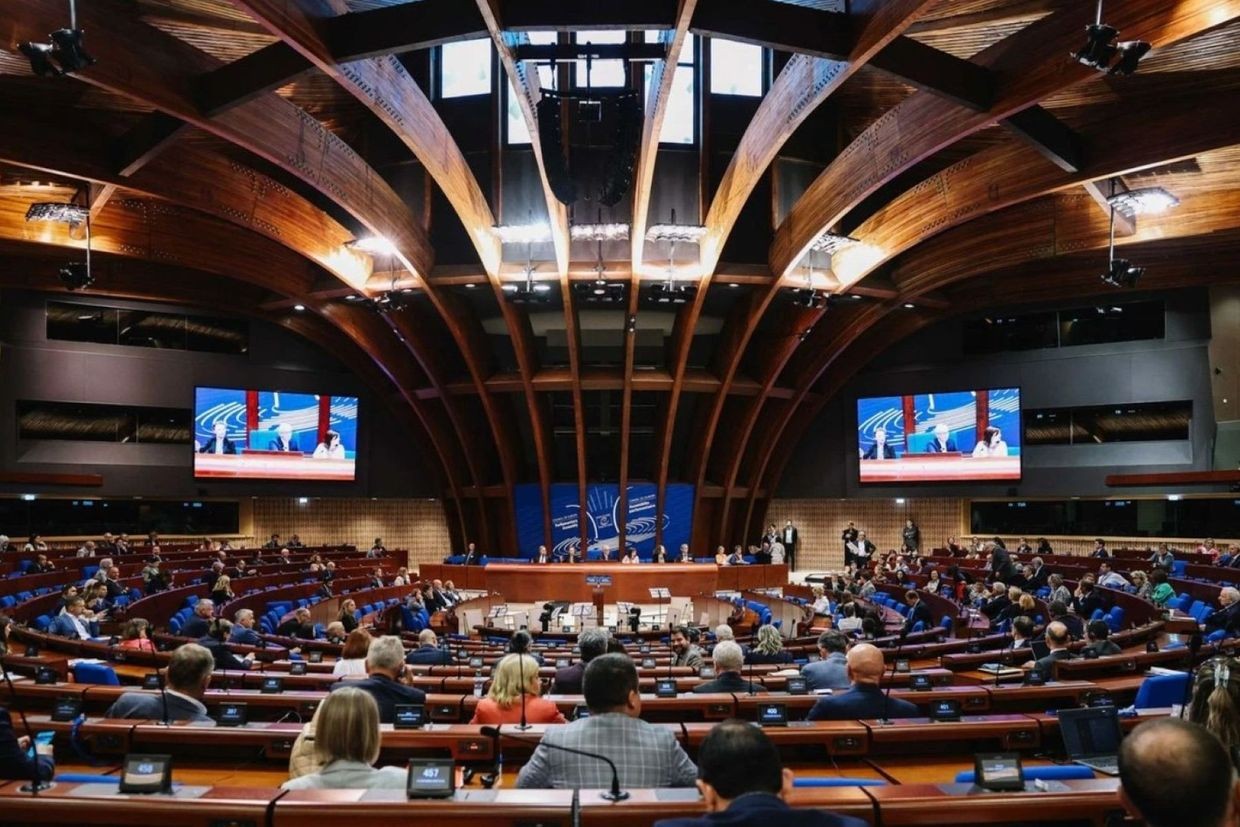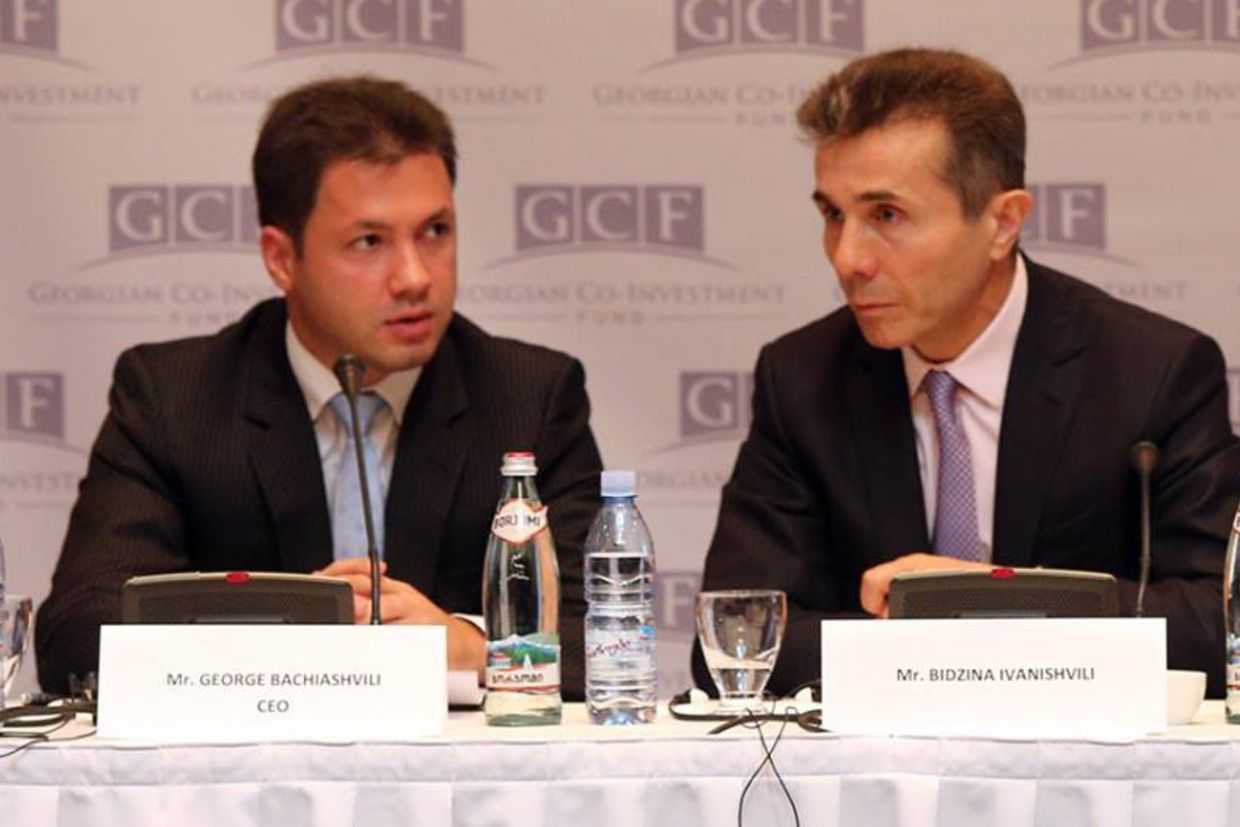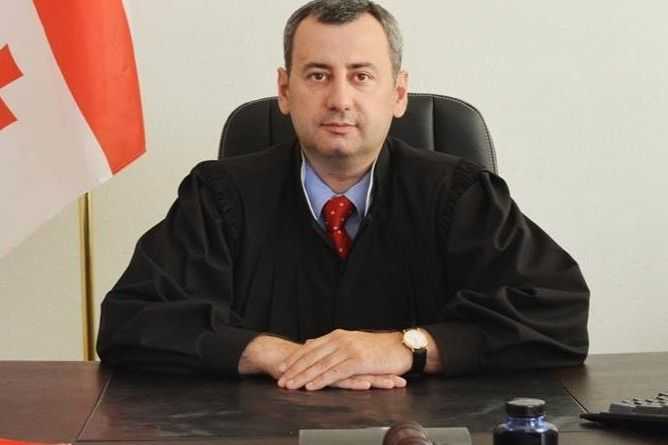
The Parliamentary Assembly of the Council of Europe (PACE) has again adopted a critical resolution on Georgia. According to the text, the lack of progress to implement the assembly’s previous recommendations and the ongoing democratic backsliding will not help the credentials of the Georgian delegation be ratified.
The resolution was adopted on Friday with 89 votes in favour and three against.
The work of the Georgian delegation in PACE has been virtually suspended since January, when the Georgian government announced it was freezing its participation.
This decision followed a vote in which PACE agreed to accept the Georgian delegation’s credentials with limits and specific conditions, which included that new parliamentary elections be announced and those detained during the protests would be released.
During Friday’s vote, PACE was scheduled to reassess the issue of the Georgian delegation’s credentials. However, the past decision remained unchanged, as it was noted that none of the recommendations outlined in the previous resolution had been implemented by Georgia, and that ‘the situation in the country has continued to deteriorate’.
PACE expressed regret over the fact that all members of the Georgian delegation left the assembly, ‘thus rejecting dialogue, as a result of which there is currently no Georgian delegation present in the assembly’.
‘In the view of the assembly, the participation in its work and its monitoring procedures of a delegation whose credentials were ratified, is not an option, but an obligation’, the resolution read.
The new resolution upheld the demands set out in the previous one, including the call for new elections and the release of those detained during protests.
The text also expressed concern over developments in the past few months, including new restrictive laws such as the Foreign Agents Registration Act (FARA) and the media law, as well as the ruling party’s intention to ban major opposition parties.
Concluding its position, PACE emphasised that ‘the continuing democratic backsliding’ in Georgia ‘would not be conducive’ to ratifying the credentials of a new Georgian delegation should they be presented at a future assembly part-session.
The first resolution in January came in response to widespread electoral violations documented during October’s parliamentary elections in Georgia, as well as the prosecutions and violence used against protesters, journalists, and civil society figures.
At the time, in addition to suspending its work in the assembly, Georgian Dream also criticised PACE with public statements, with Tea Tsulukiani — a prominent ruling party MP and member of the Georgian delegation to PACE — stating that the conditions imposed were ‘unfair and unfounded’. She additionally claimed that demanding new elections ‘encroaches on the sovereignty of our country’.
The ruling party’s position has remained unchanged. On Monday, just a few days before the adoption of PACE’s latest resolution, Parliamentary Speaker Shalva Papuashvili stated that the January resolution was ‘an infringement on the sovereignty of the Georgian people’, and that this was the reason behind the ruling party’s decision to suspend its work in the assembly.











